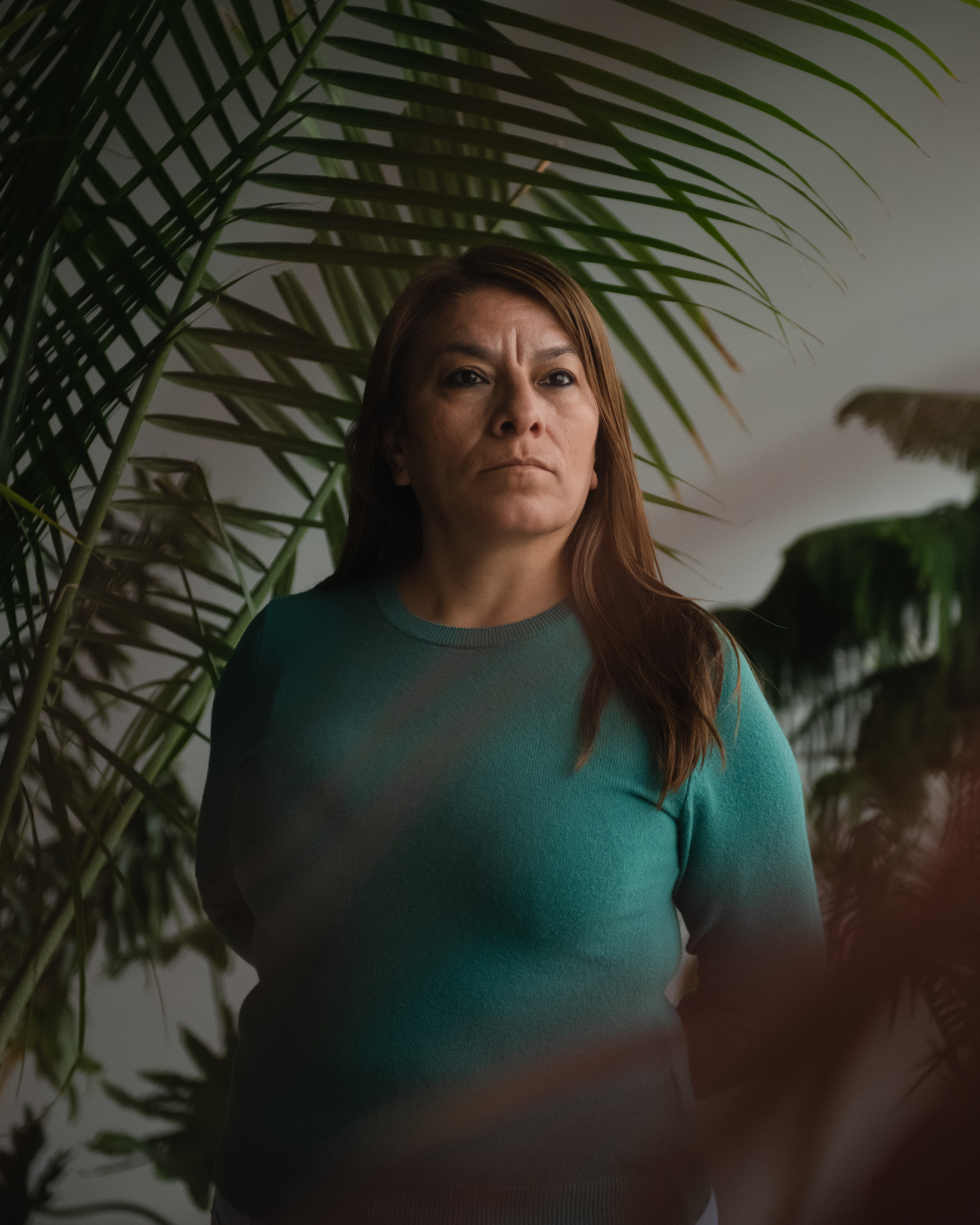
For Verónica Cruz Sánchez, the past year has felt like traveling back in time. Since 2000, Cruz’s feminist activist network, Las Libres, has transformed the experience of getting an abortion in Guanajuato, a deeply conservative Mexican state that had criminalized abortion in almost all circumstances. Cruz and her colleagues have worked to distribute misoprostol, a WHO-approved abortion pill, across Guanajuato, helping women feel confident in its safety, and inspiring similar networks in other Mexican states. But north of the border, the mood is more tense. “In the U.S., the women we see are terrified,” Cruz says. “They have very little knowledge about the pills.”
Over the past 18 months, Cruz, a pragmatic, fast-talking 52-year-old who has campaigned for social justice organizations since she was a teen, has expanded Las Libres into the U.S. After the Texas legislature passed a near total abortion ban in May 2021, she received a flood of messages from Americans asking how to help affected women. Interest also surged after Roe v. Wade was overturned in June 2022. Las Libres now counts around 300 volunteers in the U.S., who have so far assisted some 10,000 women.
Read More: The State of Abortion Rights Around the World
It helps that abortion pills are readily available nearby: just a week after the Texas law went into effect, a ruling from Mexico’s supreme court on Sept. 7, 2022, decriminalized abortion in the entire country, establishing a constitutional right to the procedure. (Las Libres is still working in Mexico to inform harder-to-reach Indigenous and rural women about their rights.) It was “gratifying,” Cruz says, to see Mexican politicians supporting the ruling. “For 20 years they told me I was crazy, and now they’re repeating my words.”
Many might worry about the risk of defying laws like the one in Texas, which targets anyone who “aids and abets” abortions. But Cruz isn’t afraid, she says, noting that media visibility may have helped her avoid legal problems before. And, she adds, the idea of being arrested for helping women get medical care drives her. “When people tell me I’m crazy to risk arrest, it makes me angry. What I’m doing is the only reasonable thing to do.”
More Must-Reads from TIME
- How the Electoral College Actually Works
- Your Vote Is Safe
- Mel Robbins Will Make You Do It
- Why Vinegar Is So Good for You
- The Surprising Health Benefits of Pain
- You Don’t Have to Dread the End of Daylight Saving
- The 20 Best Halloween TV Episodes of All Time
- Meet TIME's Newest Class of Next Generation Leaders
Write to Ciara Nugent at ciara.nugent@time.com